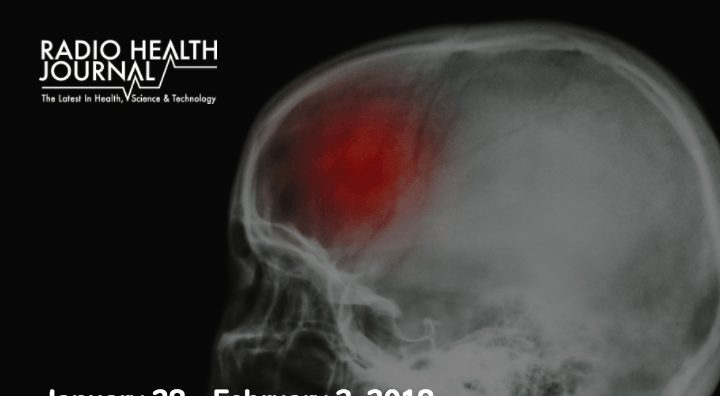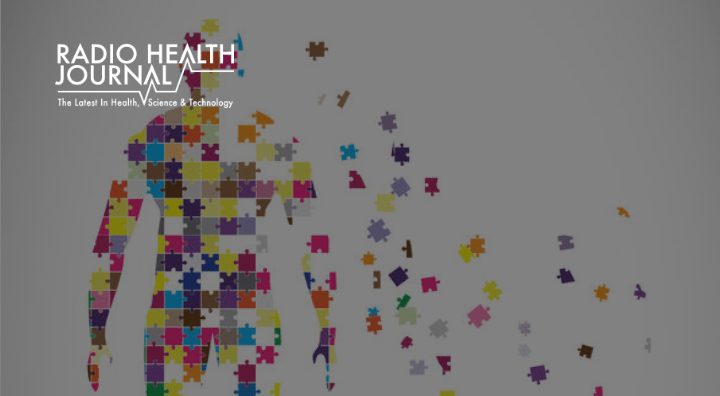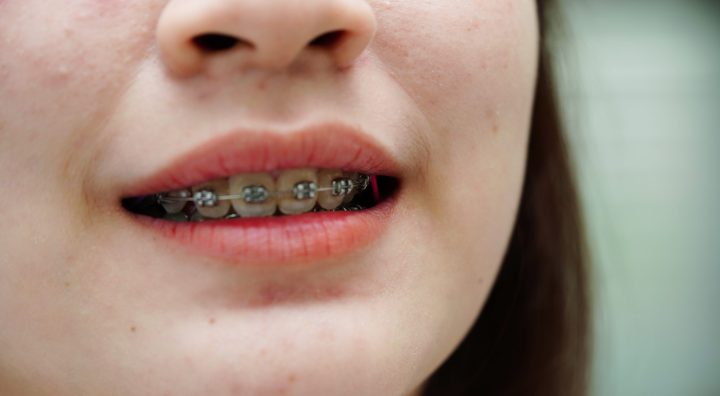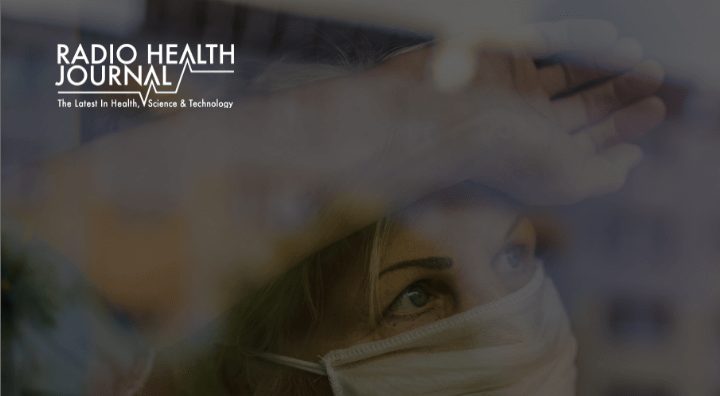Contrary to public opinion, autism is not a safeguard against substance abuse. In fact, experts say people diagnosed with autism are just as likely, if not more likely, to turn to alcohol or drugs to cope with the challenges of their lives. Elizabeth Kunreuther, clinical instructor at the University of North Carolina Wakebrook Addiction Treatment Center and co-author of Drinking, Drug Use and Addiction in the Autism Community, explains what autism is, why people with autism turn to harmful substances, and the implicit ethical implications.
Many family members and friends assume that their loved one is immune from substance abuse because of several protective factors inherent in autism, such as social and sensory issues and rule-following behavior. But, Kunreuther says, these factors are not as protective as they seem. People with autism struggle to fit in with society and thus can develop a dependence on various substances. She also points out that if the person with autism is indeed helped through substances, she believes there is nothing wrong with their use, as long as it is moderated.
Providing another perspective, Matthew Tinsley, Asperger syndrome patient and co-author of Asperger Syndrome and Alcohol: Drinking to Cope, shares the story of his own experience, as he struggled with using alcohol as a coping mechanism. He says that being diagnosed with Asperger syndrome, a form of autism, is what helped him move away from an unhealthy addiction.
To learn more about autism and its connection to substance abuse, visit Kunreuther’s and Tinsley’s websites in the links below.
Guest Information:
- Elizabeth Kunreuther, Clinical Instructor at University of North Carolina Wakebrook Addiction Treatment Center and co-author of Drinking, Drug Use and Addiction in the Autism Community
- Matthew Tinsley, Asperger syndrome patient and co-author of Asperger Syndrome and Alcohol: Drinking to Cope











Leave a Reply